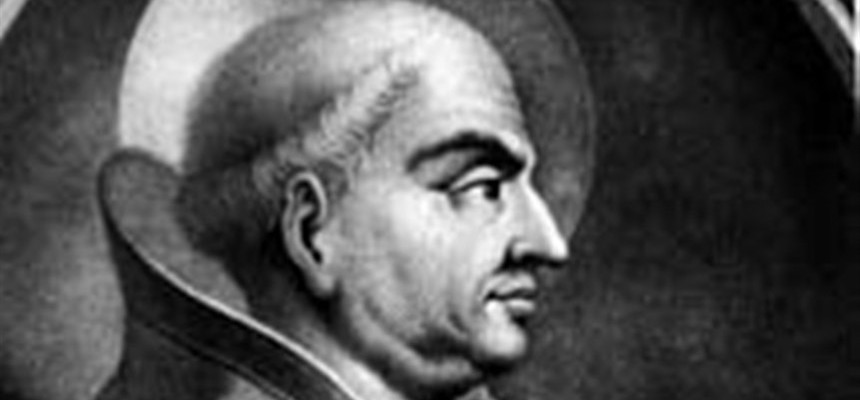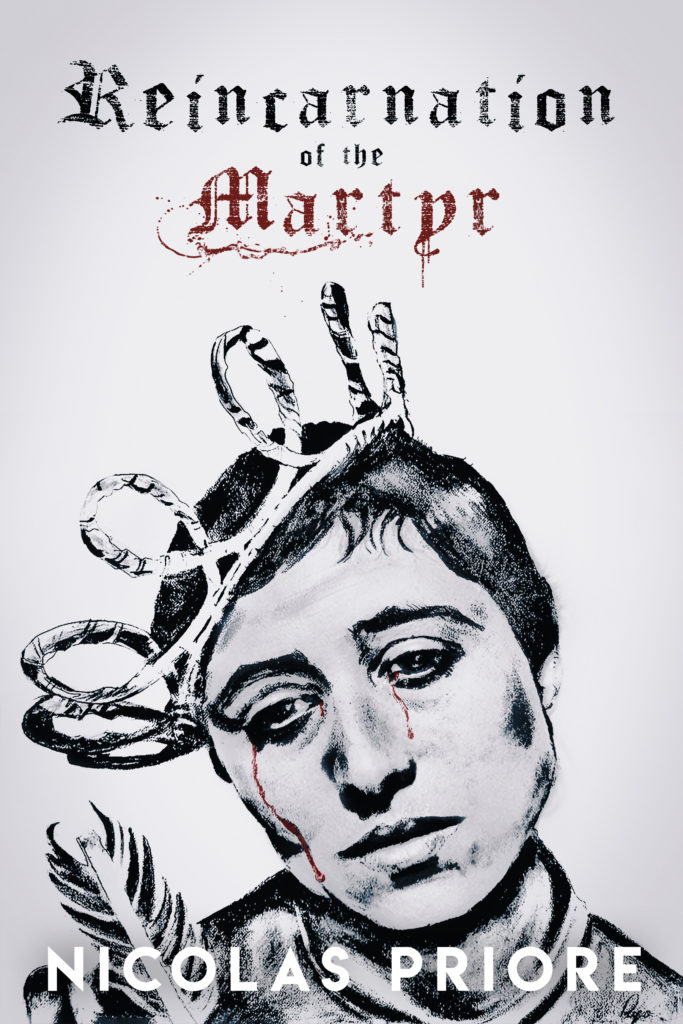
Martin, son of Fabricius, was born sometime between 590 and 600, near Todi, Umbria. His biographer, Theodore, wrote of Martin that he was of noble birth, of commanding intelligence and of great charity to the poor.
Obviously high in the Church hierarchy, Martin, a member of the Order of Saint Basil, was nominated as papal legate to Constantinople in 641 by Pope John IV. He was the last papal legate to that government to become pope until the former papal nuncio who became John XXIII. During Martin’s time as legate, he had a reputation for advanced learning and virtue.
When Pope Theodore died in May, 649, the bishops gathered to vote for the new pope. Martin was elected somewhere between 5 July and 21 July, depending on which source you read. Martin had himself consecrated making him the only pope, during the Eastern Roman domination, whose election was not approved by an official of Constantinople. This came back to haunt him.
Before his death, Pope Theodore had ordered a council in Rome. He did not live to see it happen. Martin followed through with the plans to deal with the Monothelites, those who supported the heresy that Jesus Christ had only one Will. The orthodox supported the two Nature, two Will teaching. One hundred five bishops from Italy, Sardinia, Sicily, northern Africa, and just a few from elsewhere, met in five sessions from October 6 to October 31, 649 to discuss the situation. The result was a series of twenty canons condemning the heresy, the writers (Sergius, Pyrrhus and Paul, all Patriarchs of Constantinople) and the writings (“Echthesis” of Sergius and “Typus” of Constans).
Constans, still a teenaged emperor, was dictated by the regent, who was also the Patriarch of Constantinople, the excommunicated Paul. The emperor just wanted people to get along, but this was not working. The patriarch urged the emperor to use drastic measures to get the pope to at least accept the Typus. Constans tried turning the bishops and people against Martin. But that did not work, either. Then he ordered Martin’s murder, sending Olympius as new exarch to ostensibly meet the pope, but actually to kill him, as the council wound up. Suddenly Olympius was called away.
Martin was able to publish the twenty decrees along with an encyclical and the nominal excommunication of Sergius, Pyrrhus, Paul, Cyrus of Alexandria and others, and sent all this out to the bishops and Constans, the emperor.
Constans, angry at this turn of events, chose to develop new grounds on which to arrest Martin. In addition to not supporting the Typus, Martin was then accused of unauthorized contact and collaboration with the Muslims, with whose armies Constans was fighting on several fronts. Martin could not convince Constans to drop this accusation.
In 653, Constans nominated a new exarch for Italy, Theodorius Calliopas. On June 17, the new exarch walked into St. John Lateran and confronted Martin and his associates. Calliopas claimed that Martin had been deposed as an unworthy intruder and another pope needed to take over. He and his soldiers were ready for a fight, but Martin asked his followers to not resist, not wanting bloodshed.
Martin and a few followers were hurriedly wisked from Rome and taken by ship to Naxos, Greece, and arriving in Constantinople three months later. Messengers were sent ahead to inform the populace of the arrival of a heretic and the enemy of God! An elderly and ill man, Martin was put into prison and taken out occasionally for the purpose of public humiliation and torture. Execution was planned, but Patriarch Paul, also very ill, pleaded with the young emperor to stop the execution.
Although Martin was barely able to walk, he was banished to Cherson, in Crimea in May 655. This was a time of a major famine in the area. Although his few followers tried to supply him with the needs of life, Martin died September 16 of the same year. He was buried at the church of Our Lady, near Cherson.
Pope Saint Martin, pray for us.


Recent Comments